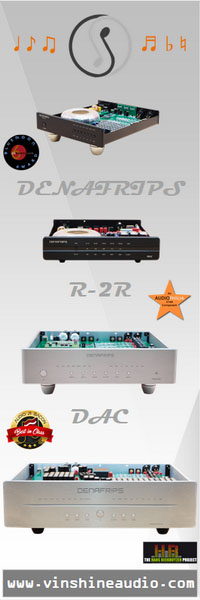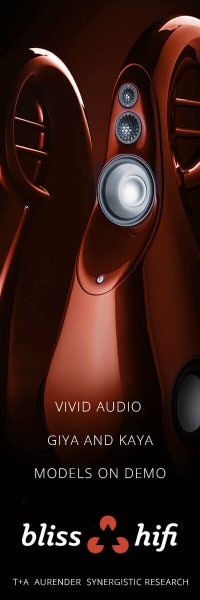Tchaikovsky: Piano Concerto No. 1

Tchaikovsky: Piano Concerto No. 1; Sir John Barbirolli conducting the Philharmonia Orchestra; John Ogdon, pianoforte.
The first time I heard Tchaikovsky’s first piano concerto I couldn’t have been more than sixteen, living with my parents on the outskirts of Rome, a small town in upstate New York distinguished by numerous Italian restaurants and a complete absence of book stores. My brother had sent me a Parliament LP of this concerto (which you can find used on Amazon) with Sviatoslav Richter and Karl Ancerl conducting the Czech Philharmonic, two acknowledged giants of Twentieth Century music. This was the first time I heard Richter and I can still remember the thrill, the prowess and unerring emotional precision of his playing.
Over the years my musical tastes developed in other directions, leaving Tchaikovsky and this hackneyed concerto, behind. My admiration for Richter and for Ancerl, on the other hand, continued to grow. It’d been four decades now since I last heard this piece of music. And when the review copy arrived I felt neither excitement nor anticipation and it sat unopened on top of my stereo rack for weeks. I was unfamiliar with the performers, though I had heard of both of them, but I was simply not interested in the music. Of course my obligations as a reviewer required me to get around to playing it, but I was reluctant.
Eventually I did play it, and played it again, and again. Every day, sometimes twice a day. Tchaikovsky’s first piano concerto is ubiquitous, like Beethoven’s fifth symphony, and it is absolutely de rigueur for an aspiring concert pianist; Amazon lists twenty pages of recordings, and if you include recordings no longer in print, and foreign recordings not available on Amazon, the number is staggering. But this performance, from December, 1962, is a revelation. I’ve probably heard this concerto more times in the past three weeks than in my entire previous lifetime. The sound, as you would expect, is excellent, the original analog (stereo) tape played on a classic Studer A80, then digitized and remastered at JVC’s XRCD labs in Yokohama. There’s a reason retailers ask for, and get, forty dollars per XRCD disc.
Some reviewers feel obliged to make and then to justify their judgments, and to sound erudite and clever while doing so, perhaps paying scant attention to what they’re actually hearing. They tend to bring their own rules and preconceptions to a performance that may not comply with either. Shakespeare put his finger on this phenomenon: He misses not much, he doth but mistake the truth totally. The world doesn’t actually renew itself in our rare transcendental moments, it is simply that our minds become free of the cant of expectation.
The three movements of this performance were full of surprises for me, passages and inner voices that I seem to have somehow missed in all my previous listening, tempos subtly and not-so-subtly different than I am used to, textual relationships I never before heard or imagined, a freshness and clarity of emotion without the burden of sentimentality. I found myself wondering if in the past I hadn’t been responding to a cultural tradition, rather a work of pure genius. This is a performance that allows the music generous time and space in which to grow and develop.
Perhaps the outstanding example of these unaccustomed virtues is the second movement, Andantino semplice. This movement is a great beauty, ebullient with Tchaikovsky’s unique genius for melody, but Barbirolli and Ogdon plumb the subtle and exquisite structure of the composition, the delicacy and perfection of its melodic development. I was struck by how much richer, how much more interesting this movement was than I remembered. John Ogdon’s handling of the prestissimo passages, the sheer power combined with immaculate delicacy, brought to mind Richter, whose playing also has this physicality and finesse. Such power combined with precision and control is rare, and it can open an unsuspected window onto the soul of the music.
In fact I was intrigued enough to look up John Ogdon videos on YouTube and sure enough, in Liszt’s b-minor sonata for example, some of the most challenging and difficult music written for the pianoforte, there was that same power, finesse, intelligence and balance. That same generosity of spirit in allowing the music time and space in which to reveal itself. Discovering a truly great pianist, one I’ve somehow missed all these years, is very exciting. This CD has rekindled my passion for this brilliant concerto and introduced me to an extraordinary musician.


Stereo Times Masthead
Publisher/Founder
Clement Perry
Editor
Dave Thomas
Senior Editors
Frank Alles, Mike Girardi, Russell Lichter, Terry London, Moreno Mitchell, Paul Szabady, Bill Wells, Mike Wright, and Stephen Yan,
Current Contributors
David Abramson, Tim Barrall, Dave Allison, Ron Cook, Lewis Dardick, John Hoffman, Dan Secula, Don Shaulis, Greg Simmons, Eric Teh, Greg Voth, Richard Willie, Ed Van Winkle, Rob Dockery, Richard Doron, and Daveed Turek
Site Management Clement Perry
Ad Designer: Martin Perry





Be the first to comment on: Tchaikovsky: Piano Concerto No. 1